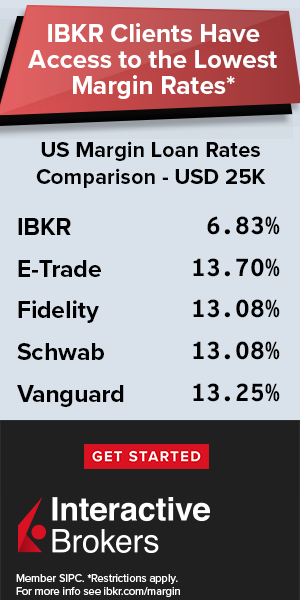Many companies showing low share prices relative to net current assets and/or earnings are financially distressed and will continue to perform badly. Thus, it is important to avoid including those displaying the biggest problems. Joseph Piotroski established some variables useful for considering the likelihood of financial distress.
I’ll conduct a Piotroski analysis on both Town Centre Securities’ (LSE:TOWN) annual figures to June 2020 and the half-year numbers to December 2020. (Market capitalisation of £75.5m at a share price of 142.6p)
Profitability factors
If the firm is profitable and produces positive cash flow it has a capacity to generate funds internally. Furthermore, a positive earnings trend suggests an improvement in the firm’s ability to generate positive future cash flows.
- Is TOWN producing a positive net income before extraordinary/exceptional items?
In the year to end of June 2020 TOWN produced £2.1m in “basic” earnings, i.e., before allowing for valuation changes or realised gains/losses.
In the half-year to end of December 2020 TOWN reported an underlying profit of £0.2m.
So it gains one Piotroski point for both the annual analysis and the half-year analysis.
2. Was cash flow from operations positive?
In the year to June 2020 TOWN generated £6.8m from operating activities so it gains a second Piotroski point on the annual analysis
In the half year to December 2020 it had a net outflow of £1.2m when a number of tenants failed to pay, or delayed, rent. No Piotroski point.
3. Is there a positive change in return on assets employed in the business from the previous year.
Annual: 2019: £6.4m/£440m = 1.45%; 2020: £2.1m/£405m = 0.5%
A decrease, therefore no Piotroski point for the annual analysis
Half year analysis: 2019: £4.1m/£405m = 1%; 2020: £0.2m/£395m = not much of a return
No Piotroski point.
4. Is cash flow greater than profit (so profits are not driven primarily by positive accruals, which may be ‘managed’).
Annual analysis: Yes, so a third Piotroski point
Half-year analysis: No
The Leverage, liquidity, funding factors
Measuring changes in capital structure (debt:equity ratio) and the firm’s ability to meet future debt service obligations.
5. Change in leverage over one year. Has the firm’s long-term debt reduced relative to its total assets?
Annual: 2019: £182m/£400m = 45.5%; 2020: £155m/£422m = 36.7%
An improvement therefore it gains the fourth
………………To read more subscribe to my premium newsletter Deep Value Shares – click here http://newsletters.advfn.com/deepvalueshares/subscribe-1


 Hot Features
Hot Features













